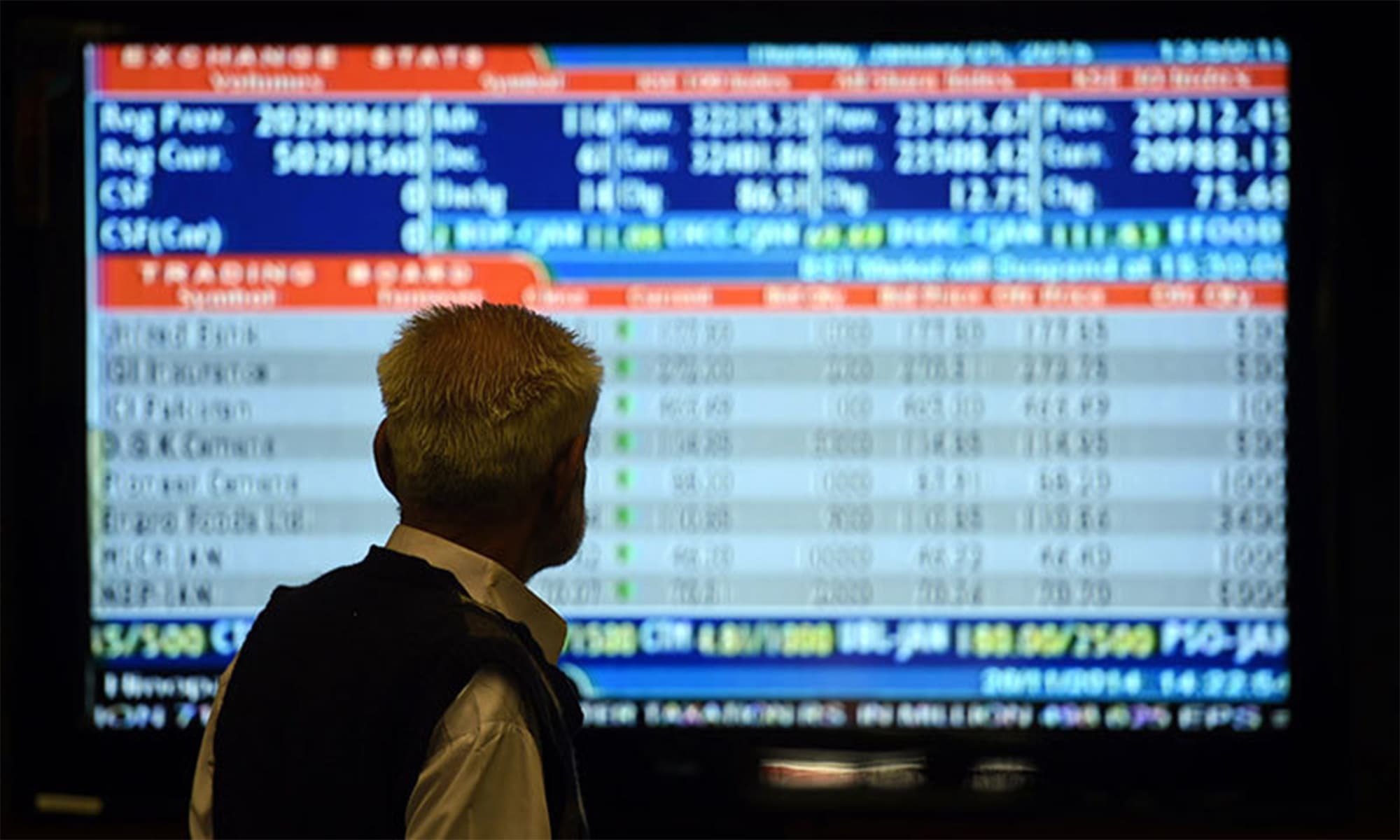ISLAMABAD: Three noted private sector economists and business leaders were almost unanimous that exchange rate and monetary policy of the central bank and tax policy of the government were the key factors behind the prevailing inflationary trends, fiscal challenges of the government and low investments.
They were giving their opinions to a tri-partisan sub-committee constituted by former finance minister Asad Umar-led National Assembly’s Standing Committee on Finance and Revenue to ‘recommend the measures for controlling inflation. The sub-committee led by Dr Aisha Ghaus Pasha of the Pakistan Muslim League-Nawaz comprises Hina Rabbani Khar of the Pakistan Peoples Party and Pakistan Tehreek-i-Insaf’s Dr Ramesh Kumar Vankwani.
The sub-committee had invited policy advice and input from four private experts, including former finance minister Dr Hafeez Pasha, former principal economic adviser of the finance ministry Sakib Sherani, Chartered Accountant Ashfaq Tola and Lahore Chamber of Commerce and Industry’s President Almas Haider. Dr Hafeez Pasha did not attend the meeting.
Panel summons heads of SBP and FBR on Sept 30
The panel decided to call Governor of the State Bank of Pakistan and Chairman of the Federal Board of Revenue to its next meeting on Sept 30 to conclude the subject.
Dr Aisha said the committee would recommend no more than 4-5 workable proposals to parliament and the government to contain inflation. She said the central bank’s policy direction had increased public debt and resultant supplementary grants had completely balanced out the fiscal account of the federal government.
Mr Sherani said the exchange rate, energy prices and food prices and transportation costs were main drivers of inflationary pressures. He said the government should reduce electricity and gas tariffs. He said the government decision to end subsidy on metro buses had also negatively impacted thousands of people. He said it was beyond comprehension why the government was removing subsidy on metros and yet extending Rs20 billion support to the stocks.
He said the increase in taxes, particularly the hike in sales tax rates, was also a factor to higher inflation and proposed removing less priority areas from the public sector development programme and reduce its own expenditures to create fiscal space for providing subsidies to poor and vulnerable people. He said the exchange rate was unfortunately unpredictable and not fairly valued.
Mr Tola said high policy rate, exchange rate, political instability and tax policy were critically responsible for an inflation rate of 11.63 per cent in Pakistan compared to 5.2pc in Bangladesh, 3.2pc in India, 5.6pc in Sri Lanka and 2pc in Vietnam. He said the monetary policy should be reduced by at least 300 basis points to provide breathing space to the businesses.
Likewise, Mr Tola said the increase in the revenue targets and to that end tax rates were also closely linked to the inflation and suggested that the IMF programme should be revisited to reduce inflationary pressures.
Almas Haider also agreed that exchange rate, federal excise duties on local products and demand and supply situation and energy prices were having impact on inflation. He said the businesses were closing down, unemployment was rising and export sector was also suffering because of removal of zero rating facility.
He said political atmosphere was also a major cause of concern for the businesses who were not taking investment decisions. On top of that, the government had followed the policy of pursuing hot money from safe havens on the advice of the IMF on Egyptian model.
Mr Haider warned that this would in fact increase the hot money while higher policy rates would halt the investments as was the case at present and contribute to higher inflation. He said the pursuit of hot money and higher policy rates had helped inflation in Egypt because they had the tourism related inflows which was not the case in Pakistan.
He said it was a basic economic principal that decisions should be based on evidence while the SBP was trying to take monetary policy decisions based on assumptions. He advocated the government and the central bank should change their policy stances.
SBP’s Deputy Governor Jameel Ahmad said inflation was one of the factors to the monetary policy rate but not the only factors as monetary policy decisions were taken on a holistic basis by taking into account trade situation, international prices and the government’s borrowing policy. He said the SBP’s inflation estimates of last five years were testament to the fact that its projections had been very realistic.
He disagreed that the SBP was pursuing hot money and insisted that when hot money was not coming in, there was no question of its flying out.
Published in Dawn, September 21st, 2019













































